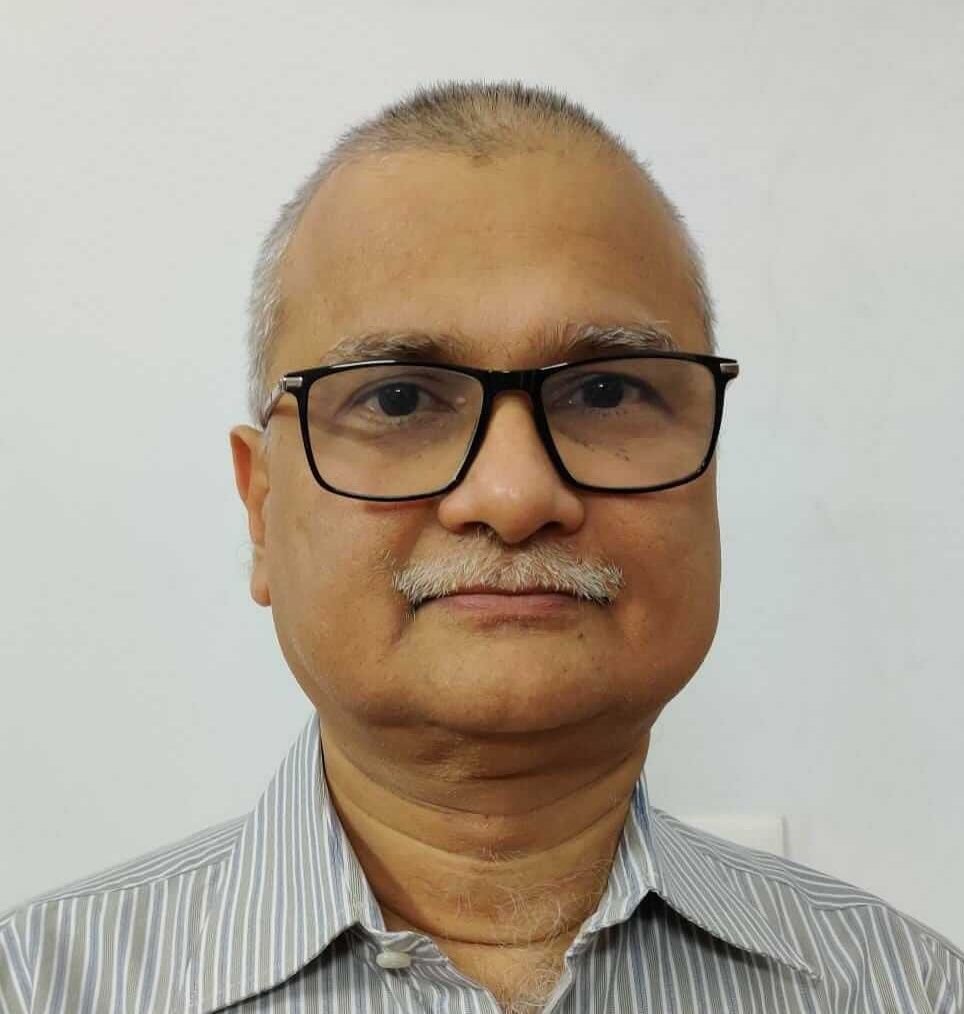Eduvoice exclusive interview

Prof. Ajit K. Chaturvedi
Director, IIT Roorkee
Recipient of the INSA Teachers Award
Founding member of the Telecom Standards Development Society of India (TSDSI)
“If the concept of virtual classrooms is a success then there can be a chance to create a few more good institutes based on this idea” – Prof. Ajit K. Chaturvedi
introduction
Novel Coronavirus also is known as COVID-19 has taken over the world. The pandemic causing viral diseases has affected world economies to an extent that were unseen and undetectable by anyone. One particular sector, which was massively affected by the disease is the Education Sector of India.
Due to the nationwide lockdown, the education sector has come to a halt; students and teachers are unable to participate in physical classrooms and are advised to use virtual mediums for teaching purposes.
To understand more about this we have Prof. Ajit K. Chaturvedi, Director of IIT Roorkee to give us valuable insights.

Sujata Mehta
How are you dealing with the COVID-19 at IIT Roorkee?

Prof. Ajit K. Chaturvedi
Till now we have been able to manage it reasonably well. There has been frequent notification from the Ministry of Health and Family Welfare and different government departments and we are trying to conform to the notifications.
In the campus, we have a hospital which has been stretched to some extent because of anybody having a travel advisory, they had to make sure that they are effectively reported, the hospital and also was quarantining members of the community even though they did not have any symptoms and once they completed the quarantine period then, of course, they were let go.
SUBSCRIBE TO OUR NEWSLETTER
Get latest updates about our Exclusive Interviews, News, Articles on Higher Education Sector.

Sujata Mehta
Virtual classrooms are being conducted for theoretical subjects, but what about the practical curriculum. How is IIT Roorkee planning to cope up with it?

Prof. Ajit K. Chaturvedi
To start with, we are trying to make sure that these were full classes or what we are calling it as the teaching-learning process over the internet. We want to make sure that the best practices that are available widely, people are made aware of it, and depending on the requirement of different courses whichever suits best that is adopted so the focus has been that these virtual classrooms be made as effective as possible.
As this is a new phenomenon, it needs an extra initiative and extra effort on the side of both students as well as faculty because both sides are used to conventional Blackboard teaching or even PowerPoint presentations that happen in the class. But then this has to move out to an experience, which is virtual, which is online. So, we want to make sure that we understand the nuances involved there so that the teaching becomes effective.
So the present goal is to replicate the classroom experience so that it is as close to the classroom as possible. Once we allow the students to come back, then we are hoping that the situation will give us enough time so that we can conduct laboratory sessions and because we still do not have a very good method by which all the internet, virtual smarts of robotic classes can be conducted.

Sujata Mehta
In case of extension of the lockdown, what are plans to scheduling examinations and semesters studies?

Prof. Ajit K. Chaturvedi
In some sense, the outbreak of COVID 19 has been at a good time, good time in the sense that it is always bad, it should never have happened but the timing is working for the sector in the sense that we have the buffer of the summer vacation. They use all summer vacation, but if this would have happened in the previous semester, then the buffer might be much shorter.
Right now, we have a very sizable buffer available and we are hoping that that buffer will be effectively used so that the spillover is not beyond into the next semester. So that is what we are hoping and as of now, it looks like it should be possible. Even if the government goes for two weeks more lockdown or even a month after that, the students are allowed to return to the campus.
Then we will have June, we’ll have teaching and then exams as usual. We can open towards the last week of July or maybe one or two weeks of a shift in the next semester can be given if required. But we are not planning to compensate for all the classes because online education is happening. Only a few doubt, Clearing sessions or tutorials or important concepts, those kinds of things can be done.

Sujata Mehta
According to you, what are the positive aspects of Virtual Learning?

Prof. Ajit K. Chaturvedi
If the concept of virtual classrooms is a success then there can be a chance to create a few more good institutes based on this idea, but that number cannot be scaled up indefinitely. On the other hand given the youth of the country, it is known that our country has a sizable number of opportunities and they are yearning for good quality education.
This is the reason for which platforms like NPTEL, SWAYAM, or SWAYAM PRABHA all these kinds of initiatives have been designed so that more and more teaching can be given to a larger number of students and access this tool teaching without actually physically attending a university.
Due to the pandemic, the sector is forced to come out of our comfort zones and try and experiment more with online teaching, and people are realizing that they may yield better results in the near future. However, some things work, some things don’t work, it also depends on the size of the class, composition of the class, program enrolled, which are the discussion-oriented course or whether it’s more like a theory course simulation.
All those kinds of varieties are there. But because now the industry is forced to begin a situation where we have to sum up the semester. So we have taken up this kind of mode of teaching and we are hoping that in the long run, this will answer the question that we have been trying to answer in the last decade.

Sujata Mehta
Do you think that the practice of Virtual learning during the lockdown will change the education sector of India?

Prof. Ajit K. Chaturvedi

Sujata Mehta
What suggestions would you like to give to teachers who are struggling with the phenomenon of e-teaching?





